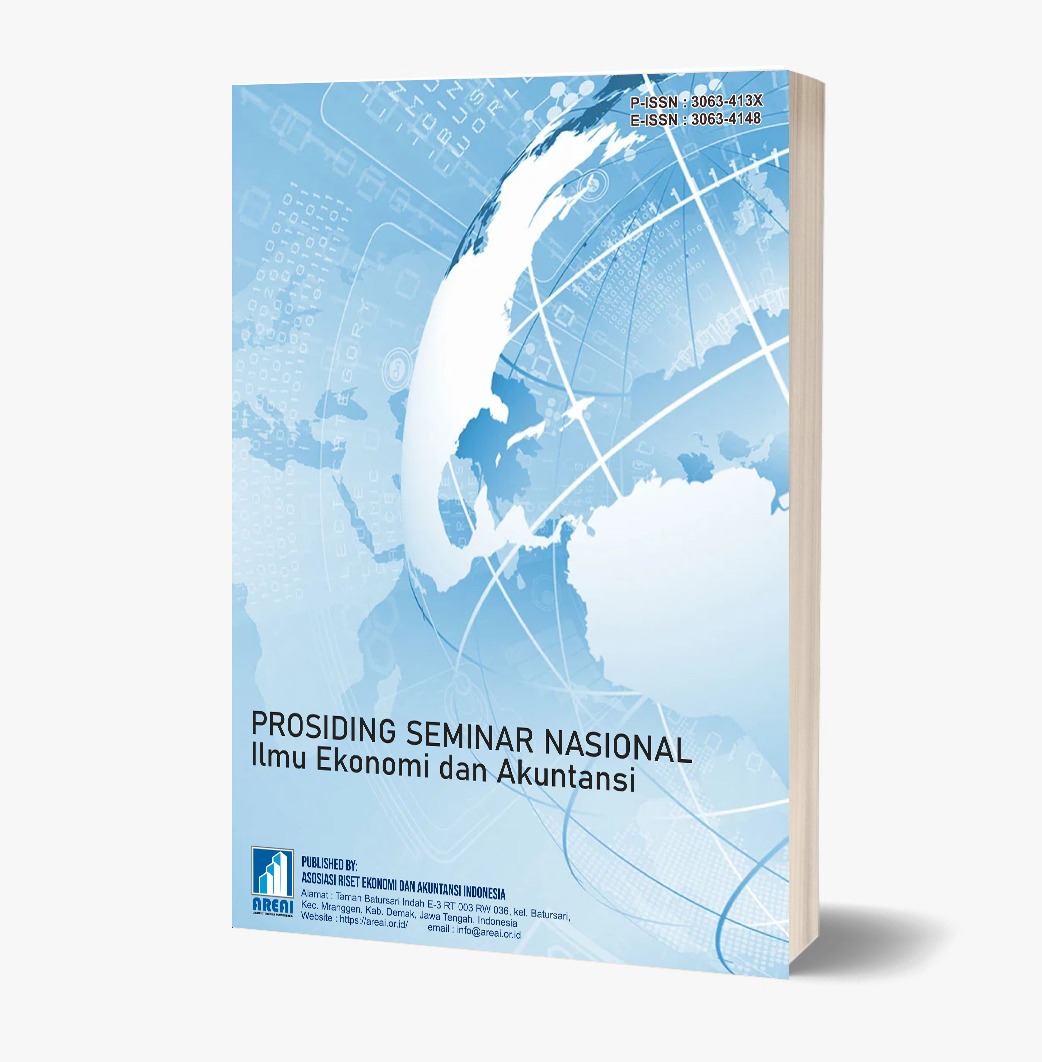Paradigma Neoliberal dan Demokrasi Sosial dalam (Perspektif Ekonomi Islam) : Kebijakan Pengentasan Kemiskinan di Indonesia
DOI:
https://doi.org/10.62951/prosemnasieda.v1i2.70Keywords:
Neoliberal, Social Democracy, Islamic Economics, Poverty Alleviation, PKH, JKN, ZakatAbstract
This study analyzes the differences between the neoliberal and social democratic paradigms in poverty alleviation policies in Indonesia, by adding an Islamic Economic perspective as an alternative. The neoliberal paradigm focuses on free market mechanisms, deregulation, and minimizing the role of the state, but often exacerbates social inequality. In contrast, the social democratic paradigm balances the role of the market and state intervention through resource redistribution and protection of vulnerable groups through sustainable social programs. Islamic economics offers a complementary approach oriented towards the principles of distributive justice, balance, and solidarity, by integrating spiritual values into socio-economic policies. A qualitative approach is used in this study, with policy analysis of programs such as the Family Hope Program (PKH) and the National Health Insurance (JKN). The results show that the social democratic paradigm is more effective in reducing poverty systemically than neoliberalism, especially through increasing access to education, health, and social protection. However, budget constraints, corruption, and infrastructure gaps remain significant challenges. The Islamic Economic perspective emphasizes the importance of zakat, waqf, and infaq as instruments of wealth redistribution that have the potential to strengthen inclusive and sustainable poverty alleviation policies. This study recommends strengthening the synergy between the paradigm of social democracy and the values of Islamic Economics to create policies that are more effective, equitable, and oriented towards the welfare of society holistically.
Downloads
References
Sen, A. (2020). Development as Freedom. Oxford University Press.
Sen, A. (2020). Development as Freedom. Oxford University Press.
Badan Amil Zakat Nasional (BAZNAS). (2021). Laporan Tahunan BAZNAS 2021: Potensi Zakat Nasional. Jakarta: BAZNAS.
Badan Pusat Statistik (BPS). (2022). Indeks Kemiskinan dan Ketimpangan Sosial Indonesia. Jakarta: Badan Pusat Statistik.
Badan Pusat Statistik (BPS). (2023). Statistik Kesejahteraan Sosial dan Dampaknya terhadap Akses Kesehatan di Indonesia. Jakarta: Badan Pusat Statistik.
Bardach, E. (2012). A Practical Guide for Policy Analysis: The Eightfold Path to More Effective Problem Solving. CQ Press.
Deacon, B. (2023). Social Democracy and Social Welfare: From the Welfare State to Universal Basic Income. Cambridge University Press.
Esping-Andersen, G. (2021). The Three Worlds of Welfare Capitalism. Princeton University Press.
Harvey, D. (2022). A Brief History of Neoliberalism. Oxford University Press.
Hidayat, A. (2019). Kebijakan Ekonomi Neoliberal dan Implikasinya terhadap Ketimpangan Sosial di Indonesia. Jurnal Ekonomi dan Pembangunan, 16(2), 134-145.
Hukum, F. (2020). Kesenjangan Infrastruktur Kesehatan di Indonesia: Analisis Jaminan Kesehatan Nasional (JKN). Malang: Universitas Malang Press.
Kementerian Sosial Republik Indonesia. (2020). Laporan Capaian Program Keluarga Harapan (PKH) 2020. Jakarta: Kementerian Sosial Republik Indonesia.
Kementerian Sosial Republik Indonesia. (2022). Laporan Pengelolaan Bantuan Sosial selama Pandemi COVID-19. Jakarta: Kementerian Sosial Republik Indonesia.
Lembaga Demografi Universitas Indonesia. (2022). Korupsi dalam Distribusi Bantuan Sosial: Sebuah Laporan Tahunan. Jakarta: Lembaga Demografi Universitas Indonesia.
Lincoln, Y. S., & Guba, E. G. (1985). Naturalistic Inquiry. Sage Publications.
Mansur, H. (2018). Perbandingan Paradigma Neoliberal dan Demokrasi Sosial dalam Kebijakan Pengentasan Kemiskinan di Indonesia. Jurnal Kebijakan Sosial, 12(1), 22-37.
Mubyarto, S. (2019). Dampak Kebijakan Neoliberal terhadap Ketimpangan Sosial dan Kemiskinan di Indonesia. Yogyakarta: Gadjah Mada University Press.
Perkasa, D. (2021). Paradigma Demokrasi Sosial dalam Pembangunan Ekonomi Indonesia. Surabaya: Pustaka Belajar.
Piketty, T. (2020). Capital and Ideology. Harvard University Press.
Prasetyo, R. (2022). Evaluasi Program Keluarga Harapan (PKH) dalam Mengurangi Kemiskinan di Indonesia. Jakarta: Kementerian Sosial Republik Indonesia.
Rachmawati, S. (2023). Neoliberalism and Social Inequality in Indonesia: A Critical Review. Bandung: Alfabeta.
Robinson, W. I. (2020). Neoliberalism and Its Impact on Poverty in Developing Countries. Cambridge: Cambridge University Press.
Stiglitz, J. E. (2021). The Price of Inequality: How Today's Divided Society Endangers Our Future. W.W. Norton & Company.
World Bank. (2019). Indonesia: Energy Sector Reform and the Impact on Poverty. World Bank.
World Bank. (2021). The Role of Conditional Cash Transfers in Indonesia's Poverty.
Mansur, A. (2018). Tantangan Anggaran dalam Implementasi Kebijakan Sosial di Indonesia. Jakarta: Penerbit Universitas Indonesia.







